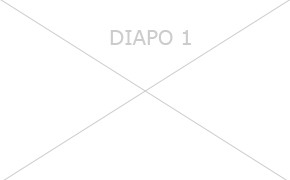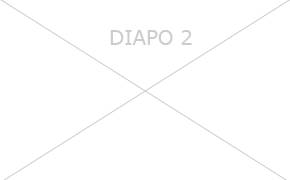Développement d’une approche pour identifier et surveiller les principaux contributeurs aux gaz à effet de serre (GES) dans les systèmes de production
Development of an Integrated Approach for Identifying and Monitoring Key Greenhouse Gas (GHG) Contributors in Industrial Production Systems
Decarbonizing industrial production systems is one of the major environmental challenges of the century. Limiting greenhouse gases (GHG) is crucial to achieving this goal and requires better knowledge and control of emissions from production systems. Optimizing processes and minimizing the energy consumption of industrial equipment’s are essential to reduce CO2eq emissions.
The aim of this project is to develop an integrated approach for identifying and monitoring key contributors to the energy consumption. This goal can be achieved by dividing the project into two main phases: Analysis and Assessment, and Development of Tools and Optimization, based on a real case provided by an industrial partner.
The first phase involves analyzing the production system, assessing the carbon footprint, and evaluating the available instrumentation and data. The postdoctoral fellow will conduct an in-depth analysis of the existing industrial production system, perform a comprehensive carbon footprint assessment to identify all emission sources, and establish a list of available and required instrumentation to monitor energy-consuming elements.
The challenge in this phase is to analyze the raw data collected from the partner's existing industrial production system, identify the hot spots of energy consumption and CO2eq emissions, quantify the main environmental impacts and associated contributors/emission sources, and propose an appropriate structure for relevant data acquisition and the associated tools for decarbonization.
The second phase involves developing decision and optimization tools to enhance the accuracy and reliability of decisions. The fellow will develop relevant models (combining knowledge, data, AI, etc.) to simulate critical process points, create tools and algorithms to enhance energy efficiency, and develop predictive maintenance tools (performance shifts monitoring, failure detection, etc.) and decision support tools (reporting on process hot spots, real-time energy consumption monitoring, etc.).
To achieve this goal, the postdoctoral fellow will conduct a literature review of existing tools, benchmark promising methods, adapt or develop new ones for the provided industrial case and develop a comprehensive plan for validating and testing the models and tools in real industrial settings to ensure their reliability and effectiveness.
With the help of these tools and the comprehensive energy balance of the plant, real-time or reported decisions can be made to detect shifts in energy consumption or to make one-time decisions, such as the replacement of inefficient equipment.
Quelques missions occasionnelles chez des partenaires de R&I principalement en France.
PhD passed no later than 3 years.

 Je me crée un espace candidat
Je me crée un espace candidat






